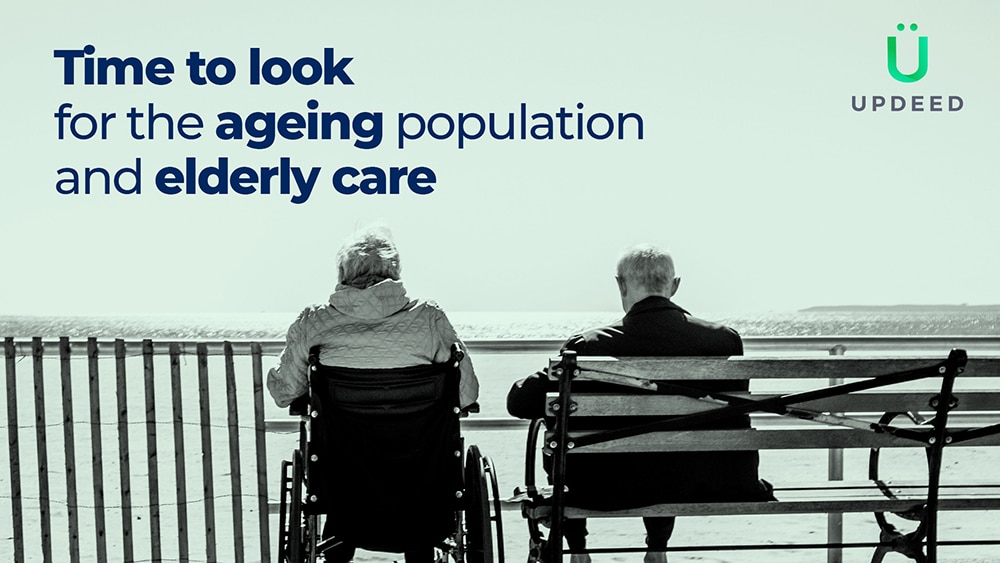Time to look for the ageing population and elderly care
The ageing of the population is a global phenomenon, with the number of people aged 65 years and over projected to grow from 703 million in 2019 to nearly 1.5 billion in 2050. This presents a significant challenge for healthcare systems, which need to adapt to the needs of an ageing population while also ensuring the quality of care provided.
Ageing is a natural process that everyone goes through, and it is accompanied by various physical, mental, and emotional changes. As people get older, they often require more care and support, especially if they have health problems or limited mobility.ย

This is where elderly care comes into the picture
It involves a range of services and support designed to help seniors maintain their independence and quality of life.
One of the biggest challenges of ageing is declining physical and mental health. As people age, they are more likely to develop chronic health conditions, such as arthritis, heart disease, and Alzheimer’s disease. These conditions can cause mobility issues, making it difficult for seniors to care for themselves and perform everyday activities.
Another challenge of ageing is social isolation, which can lead to depression and other mental health issues. Many seniors cannot leave their homes or engage in activities outside of the house, which can lead to feelings of loneliness and boredom.
How it helps
Elderly care aims to address these challenges by providing support and services to seniors, such as home care, rehabilitation, and assisted living facilities. Home care services, for example, provide seniors with in-home assistance with daily activities, such as bathing, dressing, and preparing meals. Rehabilitation services, on the other hand, help seniors recover from an illness or injury and improve their physical function.
Assisted living facilities provide a supportive and safe environment for seniors who need help with everyday activities but do not require round-the-clock care.
In addition to these traditional forms of elderly care, technology is also playing a big role in improving the quality of life for seniors. For example, telehealth services allow seniors to receive medical care and consultations from the comfort of their own homes, reducing the need for hospital visits.
There are also wearable devices and apps that can track seniors’ health data, such as heart rate, blood pressure, and sleep patterns, and alert caregivers if there are any issues.
While elderly care is essential for the well-being of seniors, it can also be expensive and put a strain on families caring for their ageing loved ones. Many countries have implemented programs and policies to make elderly care more affordable and accessible.
In conclusion
Ageing and elderly care are complex issues that require a multi-faceted approach. By providing seniors with the support and services they need, we can help them maintain their independence and quality of life and ensure they receive the care and dignity they deserve.
With the continued advancement of technology and the growing demand for elderly care, it is essential that we work together to find solutions that meet the needs of this growing population.
Ready to make a positive impact in the world?
UPDEED is the place for you. Our free and open platform is filled with inspiring stories from individuals and organizations who are making a difference in their communities and beyond. Connect and collaborate with like-minded individuals from around the globe on UPDEED, and discover your own potential to create meaningful change. Join our community and make a difference.





